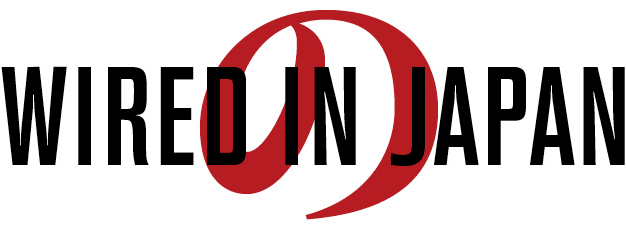Here are a few online resources that I've been using lately to study Japanese.
Jisho.org
My online dictionary of choice. Easy to use, a lot of optional functionality. Searching by radical is a handy feature.Tatoeba
A database of example sentence, originally created for Japanese, but with many other languages as well. This is where Jisho.org pulls it's sample sentences from, but there tends to be greater variety on Tatoeba.If there is a phrase I know in English, but don't know how to say it in Japanese, I'll search it on Tatoeba. The results are inherently more natural than trying to use Google Translate.
Google Translate
If there's a sentence giving me trouble, I like to put it into Google Translate and then break the sentence down into it's individual parts. That way I can quickly see the meaning of each part and look up words that aren't translating well. In this way, I use it more as a workspace than for its direct translation.Also the built-in translator included in Chrome allows you to quickly translate entire webpages, making it especially helpful on sites like Mixi, with full Japanese interfaces.
Lang-8
A place to practice writing in Japanese, with a community of native speakers to help correct your sentences. Great for making your writing sound more natural.Memrise
An online SRS app for practicing vocab and quizzing yourself on kanji. I prefer this to Anki because it allows me to quickly create a custom deck of words I need to study, with the kana, translations, sample sentences, mnemonics, etc usually already built-in.Read the Kanji
Great way to study JLPT vocab and kanji, with a beautiful and easy to use interface. A sample sentence is usually provided and the characters to study highlighted. You try and remember the pronunciation and type in the kana. It keeps track of what you get right and wrong, and helps you remember the ones you forget most often.Erin's Challenge!
A video series for learning Japanese put online with a number of tools and features to help you learn. Helpful for learning conversational Japanese and speaking the right way in the right situation.NKH News Web Easy
Short news articles written in japanese updated everyday with helpful features built-in.Rikaichan
Enables an in-browser Japanese dictionary that defines words on roll-over. Helpful when reading more difficult articles online. There's also Rikaikun for Chrome.Furigana Injector
For those sites with a lot of kanji. It puts furigana over words you don't know so that you can quickly see its reading. Allows you to customize the list of kanji to insert furigana on top of. Firefox / ChromeYoutube
Here are a few channels that I like geared towards learning Japanese.Japan Society
Tokyo MX
Yes Japan
Kemushichan


